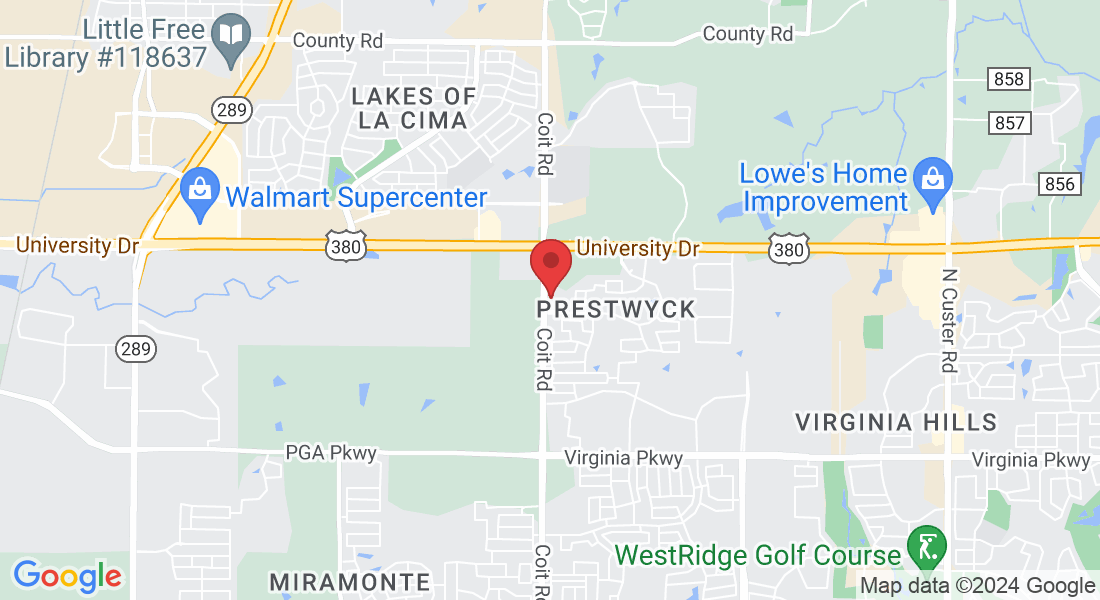Blog

Unlock the secret to neuropathy: Life-changing solutions without medication or surgery
Introduction
Neuropathy, with its mysterious onset and often debilitating symptoms, has long been a condition that locks its sufferers in a silent struggle, overshadowed by the limitations of conventional treatments. The journey for those affected is not just about managing pain; it's a quest for reclaiming the life they once knew. Traditional approaches, heavily reliant on medication and surgery, offer temporary relief but often fail to address the root cause, leaving many feeling hopeless and resigned to a life constrained by neuropathy's grip.
However, the landscape of neuropathy treatment is transforming. "Unlock the Secret to Neuropathy: Life-Changing Solutions Without Medication or Surgery" introduces a beacon of hope for those battling this condition. This article delves into groundbreaking advancements and holistic approaches that are redefining the fight against neuropathy. It's not just about treating symptoms; it's about understanding the underlying mechanisms, empowering individuals to take control of their health, and paving the way for a future where neuropathy no longer dictates terms.
Join us as we explore these life-changing solutions, offering not just a glimpse into the potential for a pain-free life but a roadmap for achieving it. Whether you're a long-time sufferer of neuropathy or seeking knowledge to help a loved one, the insights shared here promise a new perspective on what it means to live beyond the constraints of neuropathy.
What is Neuropathy?
Neuropathy, in its broadest definition, is a disorder of the peripheral nerves. These nerves are the extensive network that transmits signals between the central nervous system (the brain and spinal cord) and the rest of the body. They are the messengers of sensation, controlling everything from the gentle caress of a breeze on your skin to the critical movements of your muscles.
The peripheral nervous system is a critical component of our body's nervous infrastructure, playing a pivotal role in maintaining our sense of touch, pain, temperature, and muscle control. When these nerves are damaged, the effects can be as mild as a temporary numbness to as severe as debilitating pain or paralysis, significantly impacting the quality of life.

Neuropathy can manifest in various forms, the most common being peripheral neuropathy. This type usually affects the hands and feet, leading to symptoms such as numbness, tingling, pain, and weakness in these areas. These symptoms not only alter sensory perceptions but can also interfere with muscle movement and weaken reflexes, making everyday tasks challenging.
The significance of the peripheral nerves in our body's nervous system cannot be overstated. They are integral to our interaction with the world around us, influencing both our voluntary actions, like walking, and involuntary actions, such as the beating of our heart. When neuropathy disrupts this system, the effects can permeate every aspect of an individual's life, underscoring the importance of understanding, diagnosing, and treating this condition with the care and attention it demands.
Causes of Neuropathy
The path to neuropathy is as diverse as the nervous system itself, with numerous conditions and factors capable of disrupting the delicate balance of our peripheral nerves. Understanding the root causes of neuropathy is crucial for effective management and treatment of this complex condition.
Primary Causes
Diabetes: Standing at the forefront of neuropathy causes, diabetes is a significant contributor, particularly when blood sugar levels are poorly controlled. High blood glucose levels can damage blood vessels that supply nutrients and oxygen to nerves, leading to diabetic neuropathy. This type of neuropathy affects approximately half of all people with diabetes, making it one of the most common complications of the disease.
Poor Metabolic Health: Beyond diabetes, poor metabolic health in general can be a precursor to neuropathy. Conditions such as obesity, high blood pressure, and elevated cholesterol levels contribute to metabolic syndrome, which can impair nerve function and lead to the development of neuropathy.
Other Potential Causes
Neuropathy can also stem from a range of other causes, illustrating the complexity of this condition:
Chemical exposure: Certain chemicals, including some used in chemotherapy treatments, can damage peripheral nerves.
Infections: Some infections, such as shingles (herpes zoster), HIV/AIDS, and Lyme disease, can lead to neuropathy.
Inherited disorders: There are genetic conditions that cause neuropathy, indicating that heredity plays a role in some cases.
Trauma or pressure on the nerve: Injuries from accidents, surgery, or repetitive motions can cause physical harm to the nerves.
Autoimmune diseases: Conditions like rheumatoid arthritis and lupus can attack the body's own tissues, including nerves, leading to neuropathy.
The Role of Unknown Factors
Despite advancements in medical science, there remains a significant number of neuropathy cases where the cause is unknown – termed idiopathic neuropathy. These cases highlight the complex interplay of genetics, environment, and individual health, underscoring the ongoing need for research into the mechanisms of nerve damage and healing.
Understanding the multifaceted causes of neuropathy is key to unlocking personalized treatment approaches, emphasizing the importance of a thorough medical evaluation to identify the underlying cause and tailor interventions accordingly.
Symptoms of Neuropathy
Neuropathy manifests in a constellation of symptoms that can range from mildly annoying to severely debilitating. Common symptoms include numbness, particularly in the hands and feet, which may feel like wearing a thin glove or sock. Tingling sensations or pins and needles are also frequent, giving the feeling that a limb has "fallen asleep" and hasn't fully woken up. Many experience sharp pains or cramps, described as sudden, intense jabs of pain that can be profoundly disruptive. Some patients report a burning sensation, likened to being too close to a fire, without any actual heat source.
As neuropathy progresses, these symptoms can significantly affect a patient's quality of life. The loss of sensation can lead to injuries going unnoticed, while the pain and discomfort can interfere with daily activities and sleep patterns, leading to a cycle of pain, fatigue, and even depression.
The Impact of Conventional Treatment Approaches
Traditionally, neuropathy management has heavily relied on medication to alleviate symptoms. Common prescriptions include pain relievers, anti-seizure medications, and antidepressants. However, these treatments often offer only temporary relief and can come with a range of side effects, from drowsiness to dizziness, complicating their long-term use.
Moreover, medications typically target the symptoms rather than the root cause of neuropathy. This approach can lead to a dependence on drugs for symptom management, without addressing the underlying issues that contribute to nerve damage, thereby limiting the potential for recovery.
Breakthroughs in Neuropathy Treatment
Recent years have seen significant advancements in neuropathy treatment, moving beyond the conventional reliance on medication. Innovations in medical technology and a deeper understanding of neuropathy's mechanisms have led to the development of treatments that target the condition more directly and effectively.
These advanced methods include therapies like low-level light therapy (LLLT), which uses specific wavelengths of light to stimulate healing in damaged nerves, and nerve re-education, a form of physical therapy designed to restore normal nerve function. Additionally, nutritional protocols aimed at improving metabolic health have shown promise in supporting nerve repair and reducing symptoms.
The Comprehensive Approach to Treating Neuropathy
A multi-faceted treatment strategy is essential for addressing the complex nature of neuropathy. This approach combines physical therapies, like LLLT and nerve re-education, with lifestyle changes, such as dietary adjustments and exercise, to tackle neuropathy from multiple angles.
By focusing on the underlying causes, such as metabolic health, and employing therapies that promote nerve healing, this comprehensive strategy offers a path to lasting relief and recovery, rather than merely managing symptoms.
Conclusion
Understanding neuropathy and the limitations of traditional treatments is crucial for anyone affected by this condition. As medical science advances, so too do the possibilities for managing and potentially reversing neuropathy. Patients are encouraged to explore comprehensive treatment options that address the root causes of their symptoms, offering a chance for a better quality of life, free from the constraints of chronic nerve pain.
By staying informed and open to new and evolving therapies, individuals living with neuropathy can find pathways to relief and recovery, moving beyond the limitations of conventional approaches towards a future of health and vitality.
If you need help, go to neuropathypaininstitute.com to learn more.
Get In Touch
Proudly Servicing Frisco, McKinney, and Prosper
Address Office :
1400 N Coit Rd STE 204 McKinney TX 75071
Get The App

Copyright 2023 - Neuropathy Pain Institute™️ | Disclaimer




